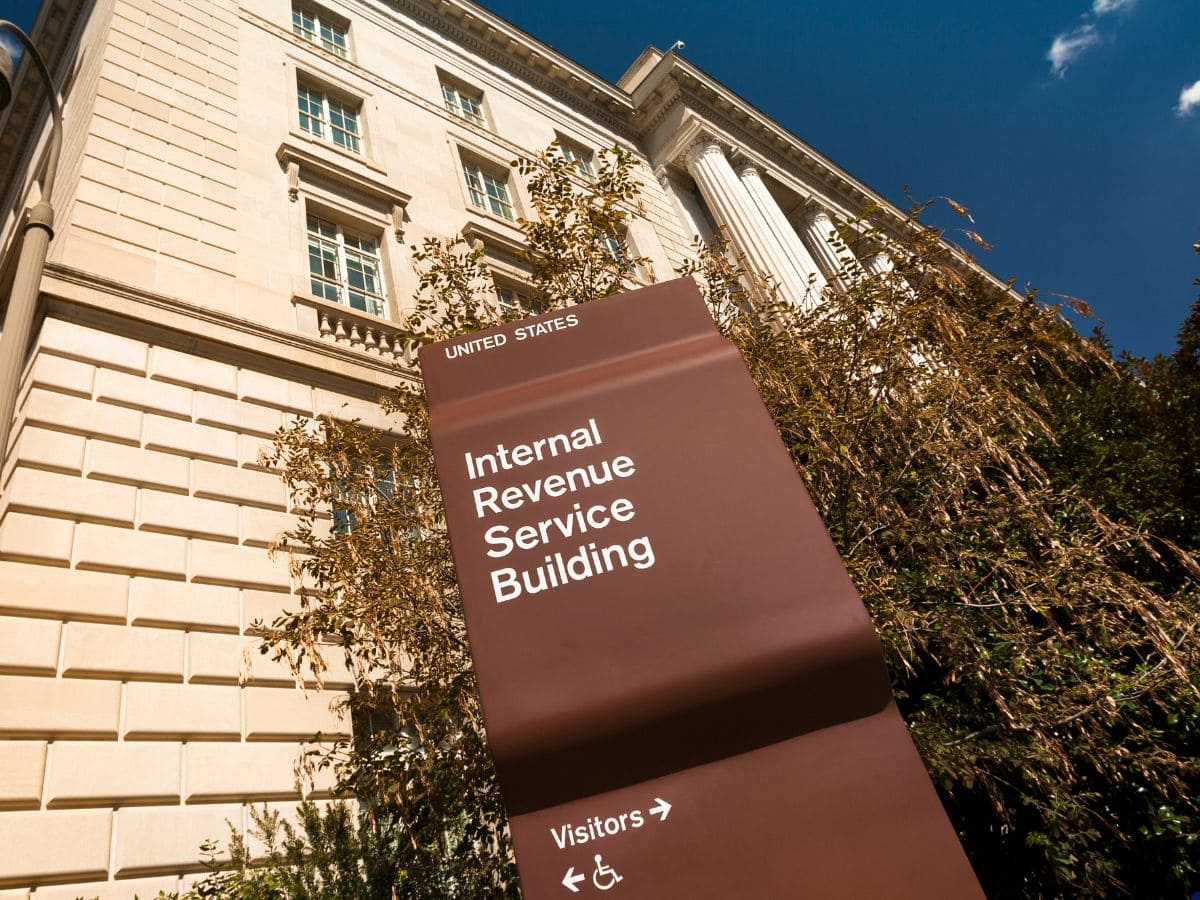The IRS‘s Tax Season 2025 has officially ended, and with it, the main window for filing tax returns without consequences has closed. Every year, millions of people in the United States fulfill this obligation before the deadline, but many others are late or simply fail to file their forms on time. And when that happens, the problems begin.
Filing late not only means the possibility of paying more taxes, but it can also lead to penalties and interest that accumulate over time. That’s why complying with this tax obligation is not only a matter of responsibility, but also a way to protect your personal finances. The longer you wait, the greater the penalty you will face.
Although the official season has already closed, there is still time to act. If for any reason you did not file your return on time, it is important not to let it slide. Every day counts, and the only way to minimize the effects of this situation is to take action as soon as possible.
How can you avoid IRS fines and penalties?
Once the IRS deadline has passed, there is no way to avoid the consequences entirely. However, what is in our hands is to reduce the impact of those penalties. How? Very simple: by sending all the necessary documents as soon as possible.
If you missed the April 15 tax deadline, you can avoid accruing penalties and interest by filing now and paying as much of the taxes you owe as soon as you can. https://t.co/D6gSHvlDwX pic.twitter.com/BqZhHLrX18
— IRSnews (@IRSnews) April 17, 2025
The longer you wait to file your return, the more money you could end up paying in penalties. The IRS applies a penalty for failure to file and another for failure to pay, which are added month after month. And the worst part is that interest also accrues on the original debt.
So, even if Tax Season is over, the only way to avoid further penalties is to file your return as soon as possible. If you have questions or need help organizing your paperwork, you can hire a professional or use one of the free resources offered by the IRS on its website.
Most common IRS penalties for late payments and late filings
Every year, millions of taxpayers in the United States face IRS fines for failing to meet deadlines. Although some penalties may seem small at first, the problem is that they add up quickly and can represent a significant financial burden if not addressed in a timely manner. These fines most commonly affect those who fail to file their returns, make late payments, or simply forget to include certain relevant information.
Below is a table of the most common fines and penalties imposed by the IRS for errors or delays during tax season:
| Penalty Type | Monthly Rate | Maximum Limit | Additional Details |
|---|---|---|---|
| Failure to File | 5% of unpaid taxes per month or part of a month | Up to 25% of unpaid taxes | If more than 60 days late, minimum penalty is $510 or 100% of the unpaid tax, whichever is less. |
| Failure to Pay | 0.5% of unpaid taxes per month or part of a month | Up to 25% of unpaid taxes | If a payment plan is approved, the rate drops to 0.25% per month. |
| Interest on Unpaid Taxes | 7% annually, compounded daily | No limit | Interest applies to the total amount owed including tax, penalties, and fees. |
| Combined Penalty (Failure to File and Pay) | 5% per month (4.5% for filing + 0.5% for payment) | Up to 47.5% of unpaid taxes | If both penalties apply in the same month, the filing penalty is reduced by the payment penalty. |
Once you understand how these penalties work, it’s clear that it’s best to act as soon as possible. The IRS values communication and willingness to pay, so even if you can’t pay the full amount right away, it’s essential that you contact them or seek advice to avoid further consequences. In many cases, you can even request a reduction or waiver of the penalty if you have a good compliance history.








